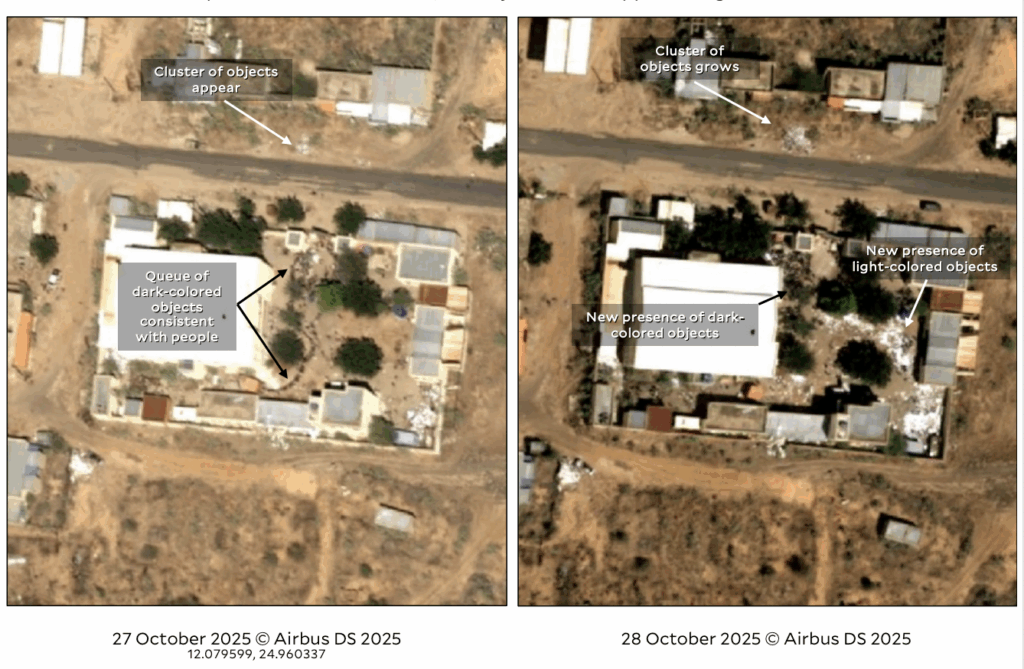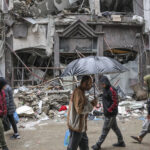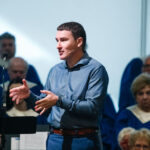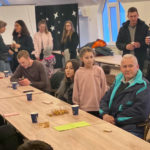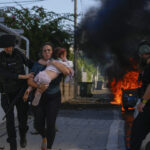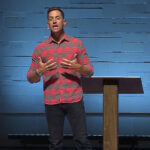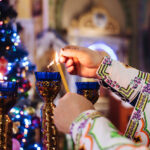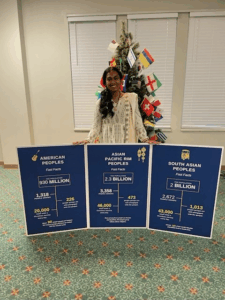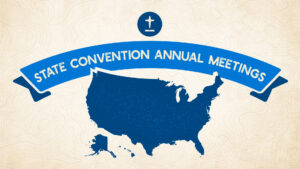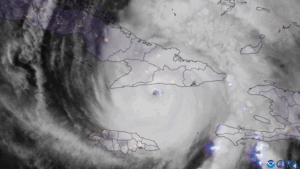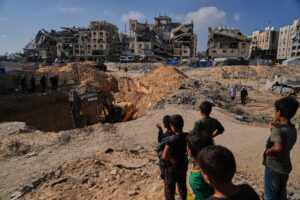
DARFUR, Sudan (BP) – Thousands of civilians are trapped and untold numbers dead after Sudanese Rapid Defense Forces (RDF) captured the capital city of El Fasher, North Darfur, Oct. 26 in an intensifying civil war.
RDF has killed so many civilians in its capture of El Fasher that piles of bodies, blood-soaked ground and mounds of dirt dug for mass graves are believed to be present in satellite images, Yale University’s Humanitarian Research Lab (HRL) said in a report covering the first 48-hours of RDF’s occupation through Oct. 28.
“It is highly likely that the phenomena seen in satellite imagery is consistent with RSF rounding up and killing people trying to flee El-Fasher,” Yales HRL wrote in its report. “Yale HRL is unable to identify an alternative hypothesis to explain the presence of these objects in these positions in this time, particularly in light of RSF-published videos showing behavior by RSF forces consistent with mass killing.”
Empower One, an evangelistic and humanitarian ministry that has received grants from Send Relief, continues to serve refugees from its base in Malakal, South Sudan, Empower One representative Zach Potts told Baptist Press Oct. 28.
The capture of El-Fasher is impacting the flow of refugees into Malakal and Renk, Empower One workers there told Potts.
“People have a lot of fears and many refugees are coming to Renk and Malakal,” workers told Potts.
Christians, comprising 4.1 percent of the population in Sudan, have been especially vulnerable to heightened persecution in the civil war that broke out in April 2023, Open Doors said in its 2025 World Watch List that ranked Sudan the fifth most dangerous place for Christians, compared to the ranking of eighth in 2024.
“Both sides of the conflict (RSF and Sudanese Armed Forces) have seen an increase in Islamist extremism,” Open Doors wrote in its report. “These groups have capitalized on the chaotic security situation, leading to a sharp rise in attacks on Christian communities and churches.”
It’s unknown how many Christians might have been trapped or murdered in El-Fasher, according to comments from Christian persecution watchdog CSW.
“Christians in Darfur do not often worship in public, and there are hundreds of secret house churches in the area,” CSW Press and Public Affairs Officer Ellis Heasley told Baptist Press. “There are five established churches in El Fasher. By last September, all of them had come under the RSF-controlled area, and all those who were sheltering in them had to flee to other places. CSW is aware of two of these churches being used as military bases.”
CSW is among numerous groups urging the international community to respond.
“In the hours that followed the RSF’s announcement that they had taken El-Fasher, communications networks to the city were restricted, with Sudanese across the country and in the diaspora reporting they were unable to reach loved ones still trapped in the city,” CSW said Oct. 28. “In the first 24 hours following the capture of the city, videos, audio files and photos detailing grave human rights violations committed by the RSF against civilians began to emerge. Images of summary executions, bodies of civilians in what appear to be mass graves, and audio files of RSF fighters targeting women and girls have been shared online.”
Empower One workers in South Sudan requested prayers not only for the incoming refugees, but also “for churches being attacked in South Sudan.” Empower One’s work continues even as fighting and violence unrelated to the civil war spread in South Sudan.
“The South Sudanese pastors are determined to continue the work of the Church in making disciples, regardless of the surrounding environment,” Potts, Empower One’s South Sudan liaison, told Baptist Press. “Salvation Baptist Church, an Empower One-supported flagship church, has had multiple outreaches, continued with seminary extension school training, and recently had a youth conference with 2,000 in attendance.”
Two leaders of Empower One flagship churches launched this year in South Sudan are newly elected officers of the South Sudan Baptist Convention, Potts said. David Kaya, pastor of First Baptist Church in Kajo Keji, was elected president, and John Monychol, pastor of Salvation Baptist Church in Malakal, was elected vice president. A third Empower One-supported church opened in Yei.
Potts quoted Kaya’s resolve to continue in ministry in South Sudan, serving the local population and refugees of the war in Sudan.
“Pastor Kaya says, ‘We are not leaving, regardless of the fighting. We cannot wait for peace. We must bring peace,’” Potts said.
Zaya is on a speaking tour of the U.S. this week, according to Empower-One.org, reporting on evangelistic work in South Sudan with stops in churches and other venues in Texas, Alabama, Georgia and South Carolina.
Empower One plans to open two new ministry locations in 2026 in Juba and Mvolo, South Sudan, Potts said, inviting Baptists in the U.S. to support the work.
Donations to Empower One may be made directly to the ministry here or through Send Relief.
Fighting in Sudan has spurred what relief organizations and others have termed the worst humanitarian crisis in the world.
Even before the war erupted in April 2023, Sudan was already experiencing a severe humanitarian crisis that left 15.8 million people in need of humanitarian aid, the International Rescue Committee (ICC) reported. By mid-2025, the war had displaced more than 12 million people and exacerbated the humanitarian crisis, placing 30.4 million people or more than half of Sudan’s population in need, ICC said.
Numbers of war casualties including civilians vary widely. Deaths vary widely, with estimates in the hundreds of thousands. The U.S. State Department under then-President Joe Biden determined the RSF was committing genocide in Sudan in January 2025.
